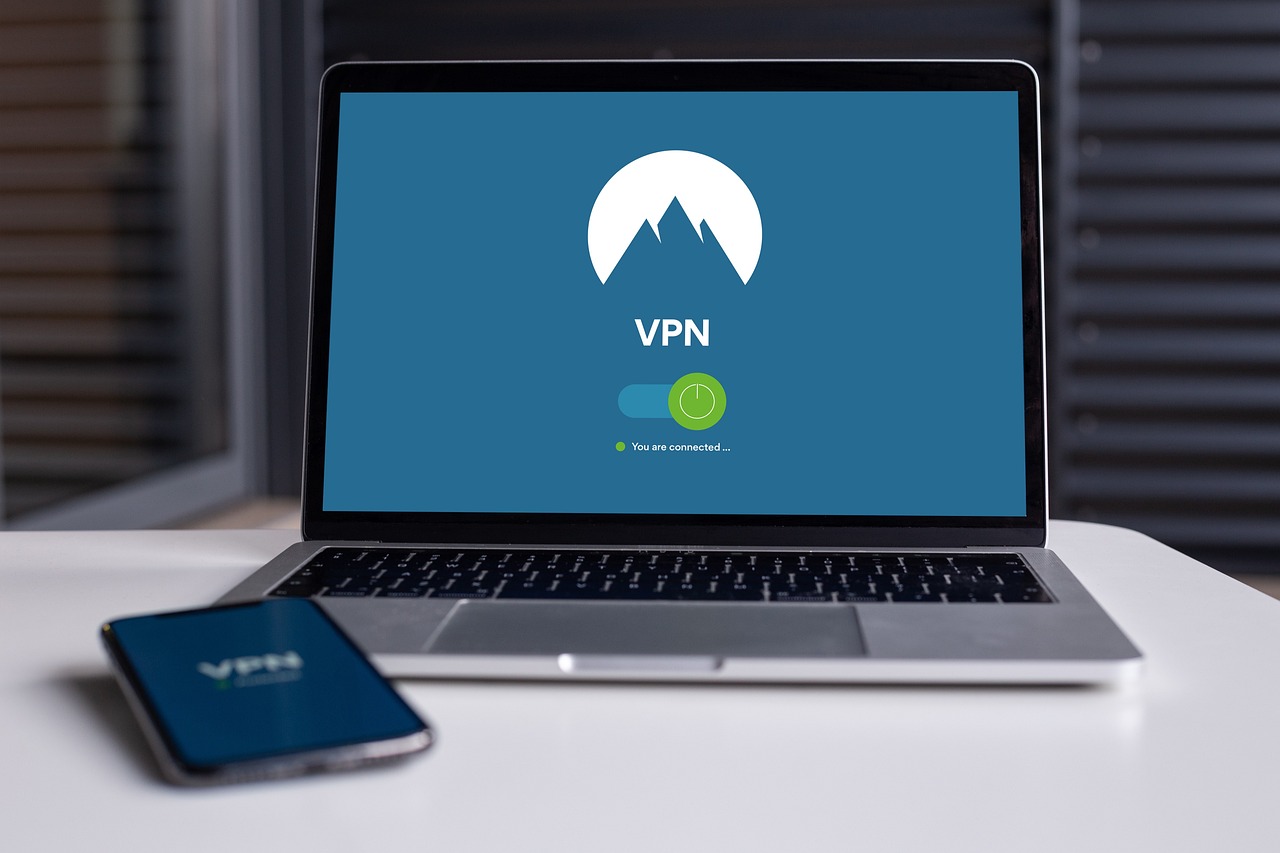In today's digital age, public WiFi has become an integral part of our lives. They exist in various places such as cafes, airports, hotels, libraries, etc., providing people with a convenient online experience. However, you may not realize that there are some potential risks associated with connecting to public WiFi. In this article, we will discuss the security of public WiFi and introduce how to utilize a VPN to protect your data and privacy.

First, the security risks of public WiFi:
When you connect to public WiFi, a wireless connection is established between your device and the WiFi router. This connection is not encrypted, which means that an attacker can get your personal information by eavesdropping on your packets. Here are some of the security risks associated with public WiFi:
1. Eavesdropping Attacks: Hackers can use a variety of technical means, such as Wi-Fi sniffers, to eavesdrop on your data packets. This means they can easily access your username, password, credit card information and other sensitive information.
2. Man-in-the-middle attacks: Attackers can disguise themselves as legitimate WiFi networks, tricking users into connecting and monitoring and tampering with network traffic through them.
3. Malware: Through public WiFi, malware can easily spread to your devices. These malware may steal your personal information or be used for other malicious behaviors.
Second, how to utilize VPN to protect the security of public WiFi:
A Virtual Private Network (VPN) is a tool that provides secure encrypted communication. By creating an encrypted tunnel between your device and the Internet, a VPN can protect your data from eavesdropping and tampering. Here are some ways to use a VPN to secure your public WiFi:
1. Use a trusted VPN service provider: choosing a reliable VPN service provider is key to securing your data. Make sure they offer strong encryption algorithms, a no-log policy and fast connection speeds.
2. Encrypt all data traffic: Before connecting to public WiFi, make sure your VPN app is launched and connected to the VPN server. This will ensure that all your data is transmitted over an encrypted channel, making it impossible for attackers to eavesdrop.
3. Choose a secure protocol: VPN service providers usually support a variety of encryption protocols such as OpenVPN, L2TP/IPsec and IKEv2. Choose a protocol with higher security to ensure your data is best protected.
4. Avoid accessing sensitive information: Try to avoid accessing bank accounts, social media accounts or other sensitive information while connected to public WiFi. If you do need to access these sites, make sure your VPN connection is active.
5. Update your devices and apps: Keep your devices and apps up-to-date to prevent security vulnerabilities from being exploited. Timely installation of operating system and app updates can provide additional security protection.
Summarize:
While public WiFi offers a convenient online experience, security is still a major concern. By using a VPN, you can encrypt your data traffic and protect your privacy and sensitive information. Choosing a trusted VPN service provider and taking proper security measures can greatly improve your security when connecting to public WiFi. Remember, it's everyone's responsibility to keep their data safe, so don't ignore the potential risks of public WiFi and always stay vigilant.
 Email
Email